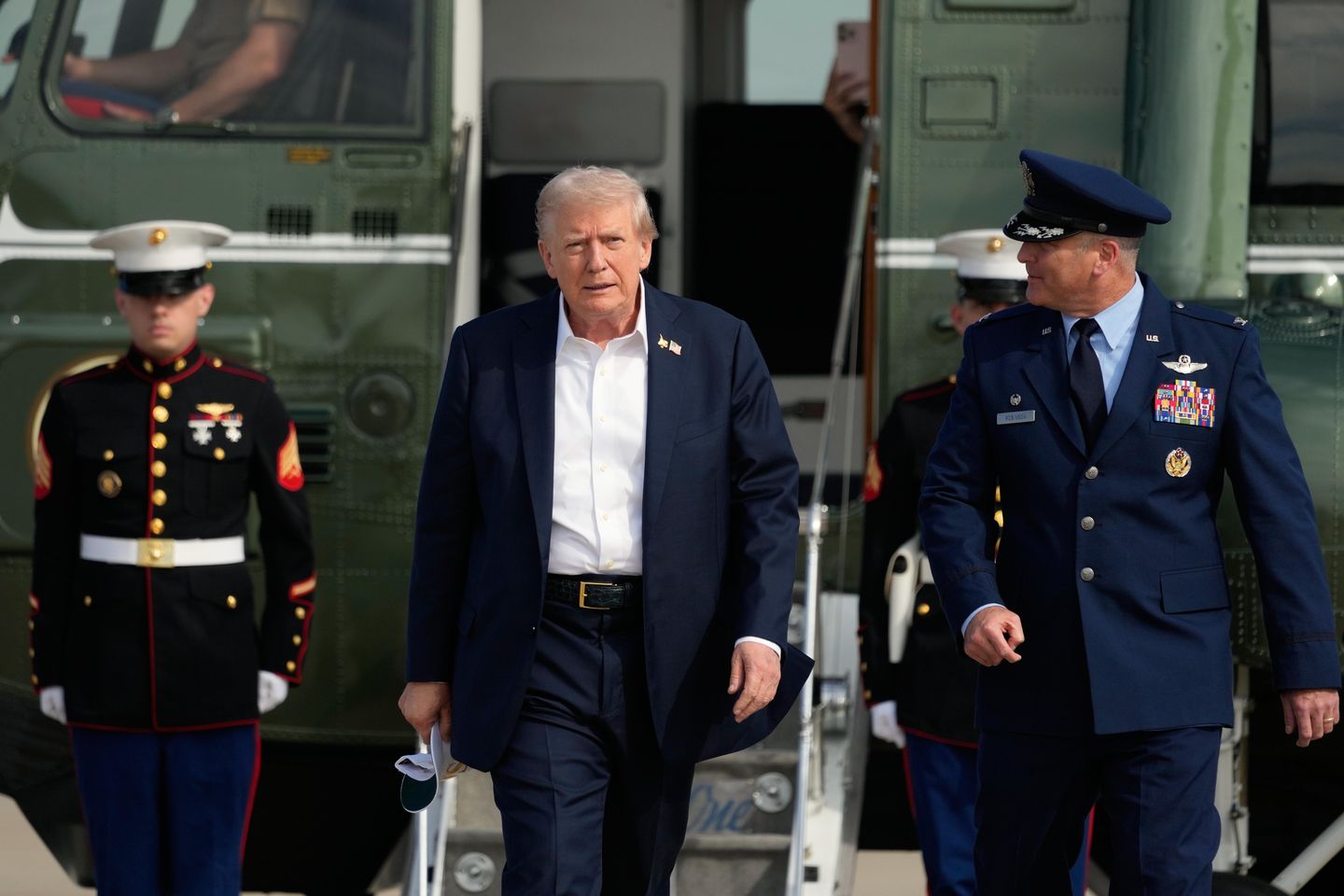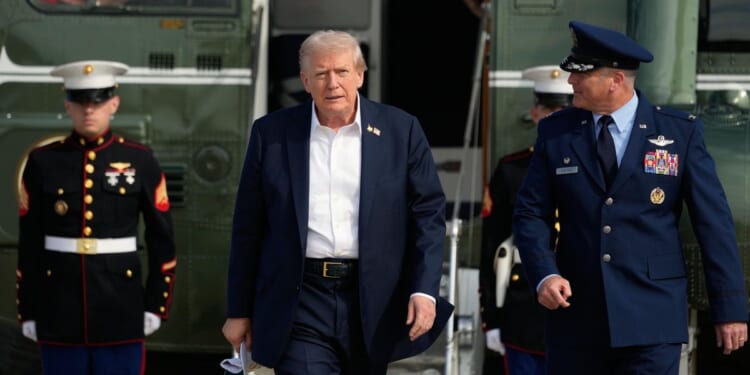
The Supreme Court brushed aside a lower court ruling Friday and cleared the way for President Trump to do a “pocket rescission” of $4 billion in foreign assistance money Congress approved but he doesn’t want to spend.
In a brief order, the majority said Mr. Trump’s ability to carry out foreign policy trumps the needs of the nongovernmental organizations that were counting on the money for their plans.
The court stressed that it has not issued a final ruling in the matter, but in putting the lower judge’s decision on hold, it clears the path for Mr. Trump to block the money going out right now. And since the money is due to expire at the end of this month, when the fiscal year ends, that amounts to a victory for the president.
“The government, at this early stage, has made a sufficient showing that the Impoundment Control Act precludes respondents’ suit, brought pursuant to the Administrative Procedure Act, to enforce the appropriations at issue here,” the court said.
Justice Elena Kagan dissented, saying the case put the court in “uncharted territory,” yet her colleagues were once again rushing to use the emergency docket to give Mr. Trump a win when they should have put the matter off for a full discussion.
“The standard for granting emergency relief is supposed to be stringent. The Executive has not come close to meeting it here,” she wrote.
“I appreciate that the majority refrains from offering a definitive view of this dispute and the questions raised in it. But the effect of its ruling is to allow the Executive to cease obligating $4 billion in funds that Congress appropriated for foreign aid, and that will now never reach its intended recipients,” she said in her dissent, which was joined by the court’s other two Democratic appointees.
She also rejected the administration’s claim that its foreign policy powers trumped Congress’s spending powers, saying “that is just the price of living under a Constitution that gives Congress the power to make spending decisions.”
The ruling amounts to a tacit approval of the “pocket rescission” strategy.
Under the law, a president who objects to spending can send a rescissions package to Congress asking lawmakers to revoke the money. That also creates a 45-day grace period when the president doesn’t need to spend the money.
In this case, by the time Mr. Trump sent the rescissions to Capitol Hill, that grace period lasted beyond the end of the fiscal year. So he has effectively run out the clock and does not have to spend the money.
U.S. District Judge Amir Ali had rejected that theory.
He said the law allows Mr. Trump to determine how money is spent, but he cannot decide not to spend money Congress has lawfully approved.
“The appropriations acts remain law and, notwithstanding the rescission proposal, ’Congress has not altered the legal landscape,’” he wrote, citing Supreme Court precedent. “Defendants accordingly remain under a duty to comply with the appropriations laws unless and until Congress does change the law.”
The decision is the latest in a string of victories at the high court for Mr. Trump, who has seen the justices set aside lower-court rulings and side with him on immigration, spending and firing powers.
Democrats denounced the ruling, saying spending laws didn’t envision this sort of “abuse of power.”
“It won’t stop there,” said Rep. Brendan Boyle, the top Democrat on the House Budget Committee. “If a president can hold back foreign aid, he can do the same with disaster relief, public health programs or public safety.”
This is the second time this case has been before the justices this year.
In February, the high court had sided with Judge Ali in an interim ruling, saying the money needed to be obligated, albeit on a more relaxed schedule than the district judge had imposed.
Initially, the fight was over $30 billion in foreign aid that Mr. Trump halted on his first day in office.
Mr. Trump has conceded and agreed to spend most of that.
As of August, some $10.5 billion was still being fought over. The administration then agreed to spend most of that, leaving the $4 billion that Mr. Trump asked Congress to rescind — and now can run out the clock on.









![Keith Ellison Caught Promising to Fight State Agencies for Somali Fraudsters [WATCH]](https://www.right2024.com/wp-content/uploads/2026/01/Keith-Ellison-Caught-Promising-to-Fight-State-Agencies-for-Somali-350x250.jpg)







